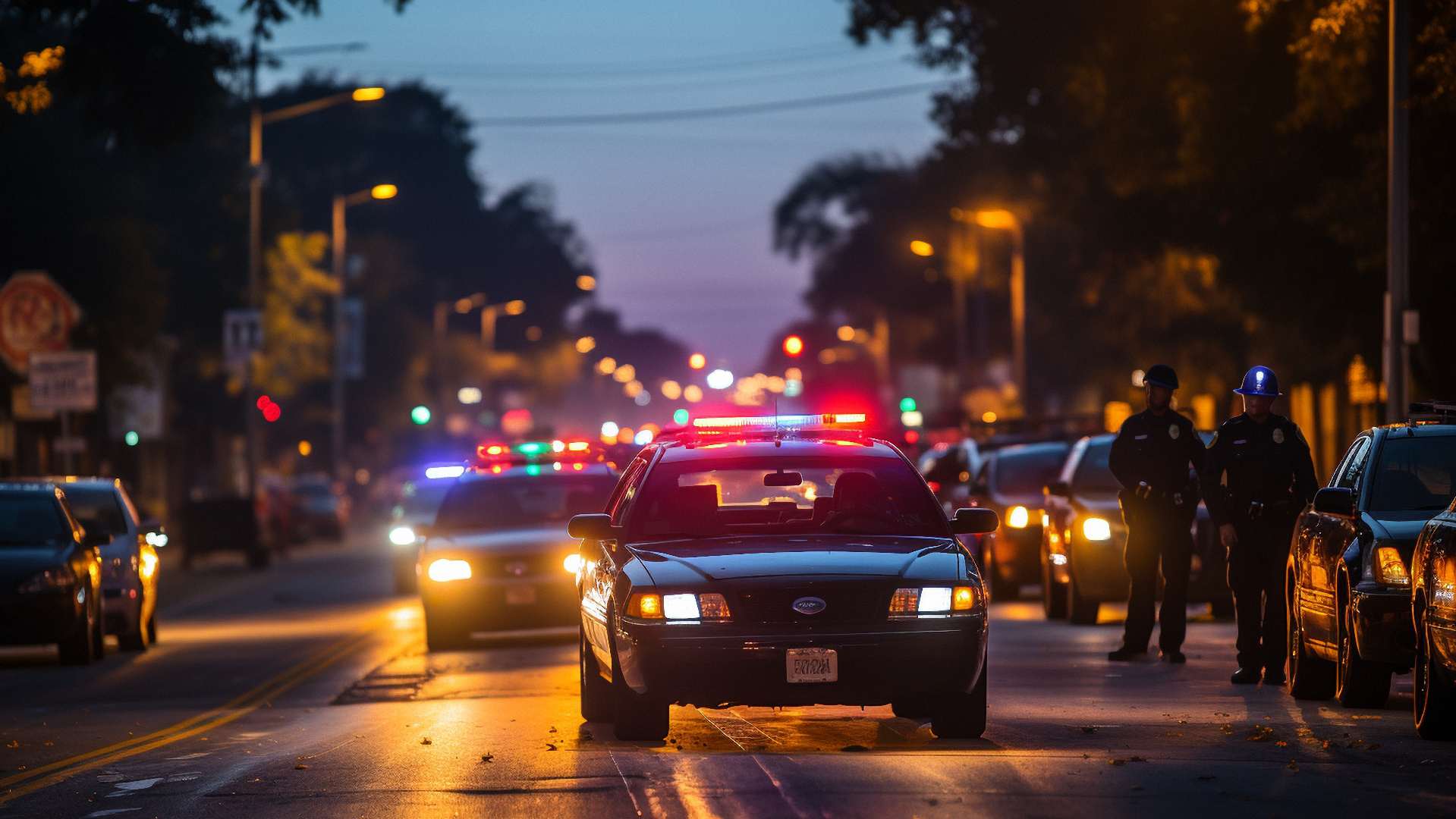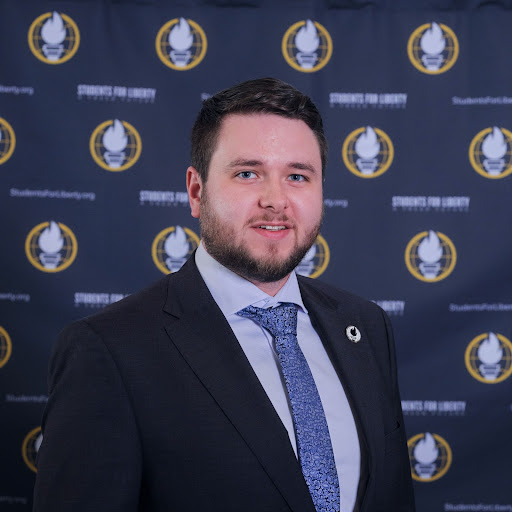In Milwaukee, the shadows of a disturbing past linger, exposing the deep flaws in our justice system.
In 1991, when neighbors called police, concerned about suspicious behavior in the apartment next door, two officers arrived to speak with the occupant, none other than infamous serial killer Jeffrey Dahmer.
Upon their arrival, they found a bleeding, naked 14-year-old boy, Konerak Sinthasomphone. Officers John Balcerzak and Joseph Gabrish ultimately dismissed Dahmer’s neighbors’ concerns, instead taking Dahmer’s version of events — that the boy was his 19-year-old lover and had too much to drink — at face value.
Despite neighbors’ pleas that the officers bring the boy, who was beaten and drugged, away to a safe place, they allowed Dahmer to bring him back into his apartment. Even when the fire department turned up to examine his injuries, arguing that he needed treatment, the officers instructed them to leave.
They did not investigate any further and ruled the incident a “domestic squabble between homosexuals.”
Sinthasomphone was subsequently murdered and mutilated by Dahmer, whose long spree of heinous crimes would not be halted until a victim escaped from his apartment several months later and alerted police.
So, what happened to the negligent police officers who believed Dahmer and abandoned a boy to be killed, dismissing all the concerns of neighbors and the fire department?
Fired for gross negligence as details of the case emerged, Balcerzak and his partner Gabrish were later reinstated in 1994, supported by Milwaukee’s police union, and awarded back pay. Sinthasomphone’s family attempted to sue the police department but to no avail.
This story casts a glaring spotlight on a flawed system. Indeed, it exposes the inherent challenges of holding law enforcement accountable, particularly when shielded by qualified immunity.
Qualified immunity, a legal doctrine shielding government officials from personal liability, has been a formidable barrier in many cases of police negligence or misconduct.
Naturally, police officers sometimes have to make difficult split-second decisions, but the idea that they should be shielded from consequences for a vast range of wrongdoings raises a pressing question:
How can qualified immunity continue to be a protective shield for officers who neglect their duties, especially in cases where lives are at stake?
The argument for reform or abolition gains strength when stories like these underscore the significant hurdles in achieving justice.
However, the path to reform is obstructed by powerful entities, particularly police unions. These unions, designed to protect the interests of officers, often resist changes to qualified immunity, asserting that it shields law enforcement from frivolous lawsuits and ensures officers can perform their duties without constant fear of personal liability.
The reality, though, is that qualified immunity becomes a shield for gross negligence and misconduct, as demonstrated in cases like the Dahmer incident. Advocating to abolish or at least reform qualified immunity is not an attack on officers but a necessary step toward a more just and transparent system.
Ending qualified immunity will be an important topic of discussion at Students For Liberty’s upcoming LibertyCon International. The main stage will feature a panel comprising former Libertarian Party candidate for vice-president, Spike Cohen, journalist, David Preston, and Chair of the Association of Libertarian Educators, Jim Lark III, moderated by social media influencer, Shoshana Weissmann.
Students For Liberty’s flagship annual event, LibertyCon International will be held in Washington, D.C., on February 2-4, 2024. It promises to be the place for engaging with leading experts and connecting with others who share a dedication to advancing pro-liberty ideas and creating a freer future.
Click the button below to sign up for updates and secure your spot at this exciting event. We can’t wait to see you there!
This piece solely expresses the opinion of the author and not necessarily the organization as a whole. Students For Liberty is committed to facilitating a broad dialogue for liberty, representing a variety of opinions.



